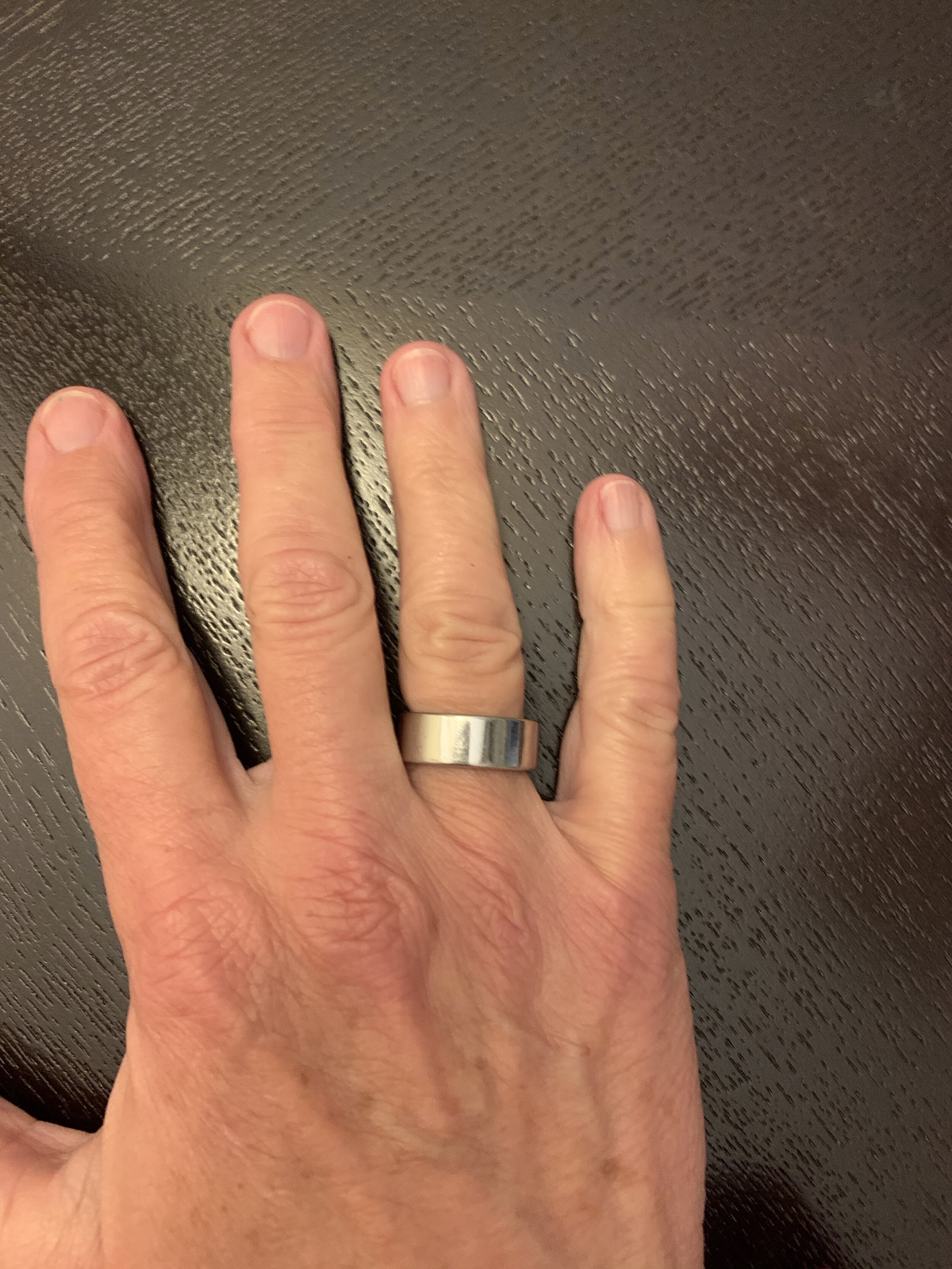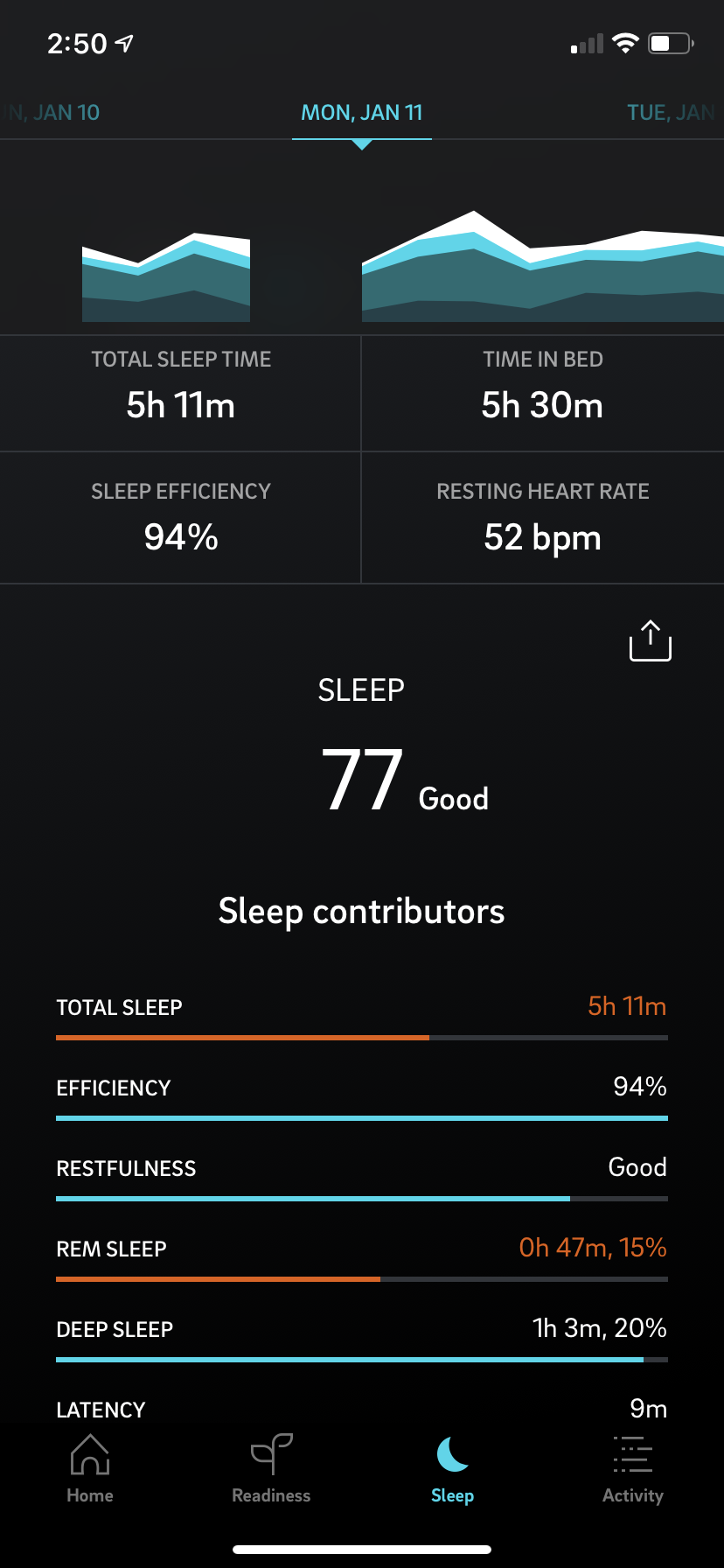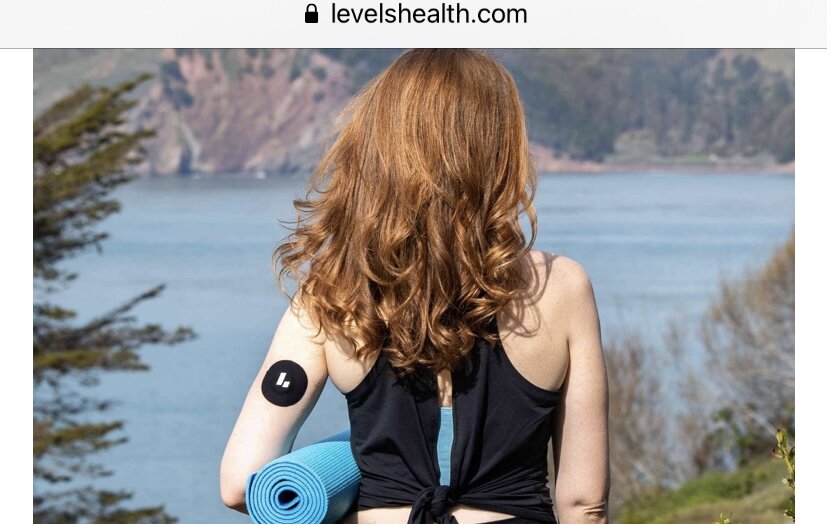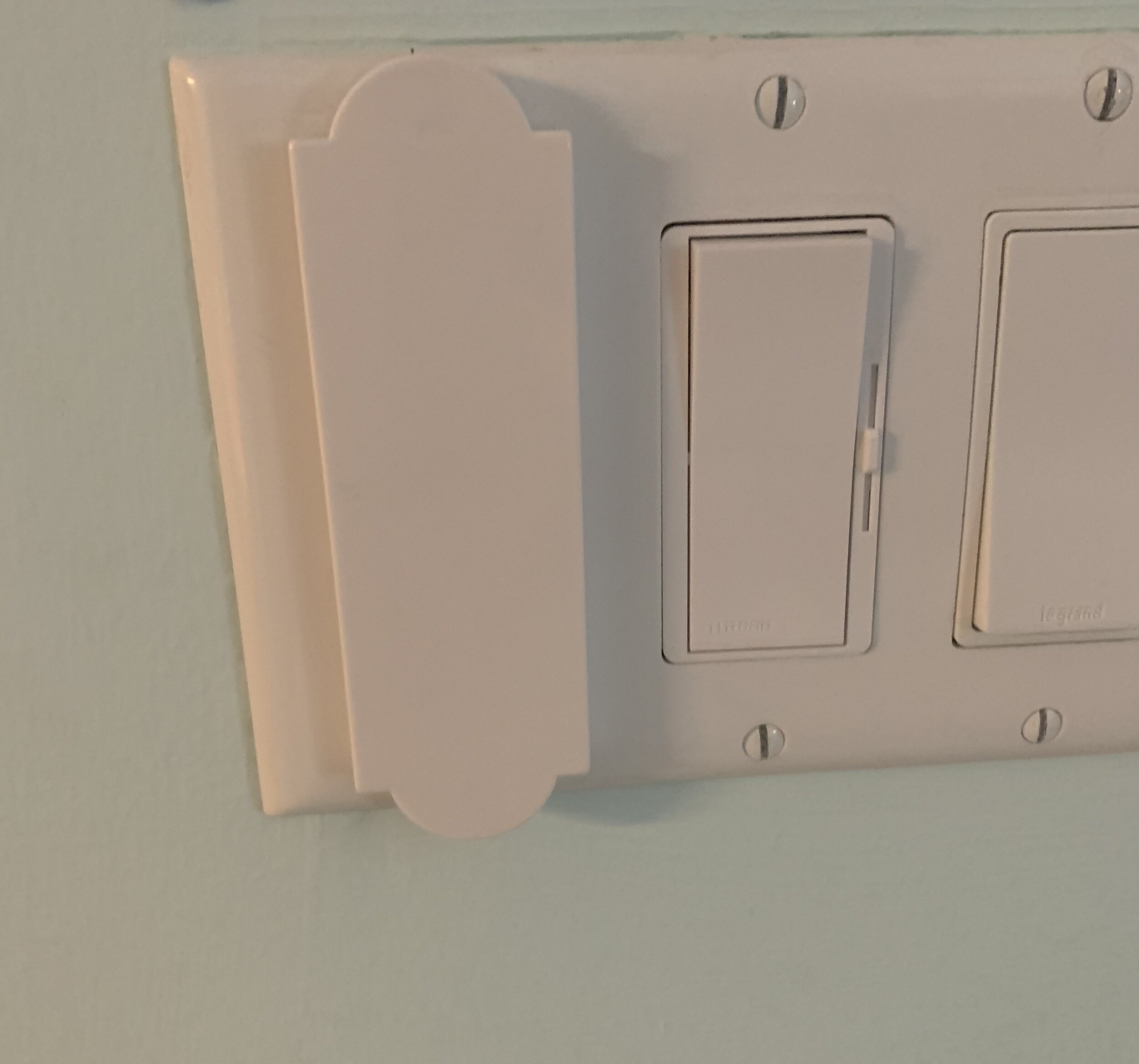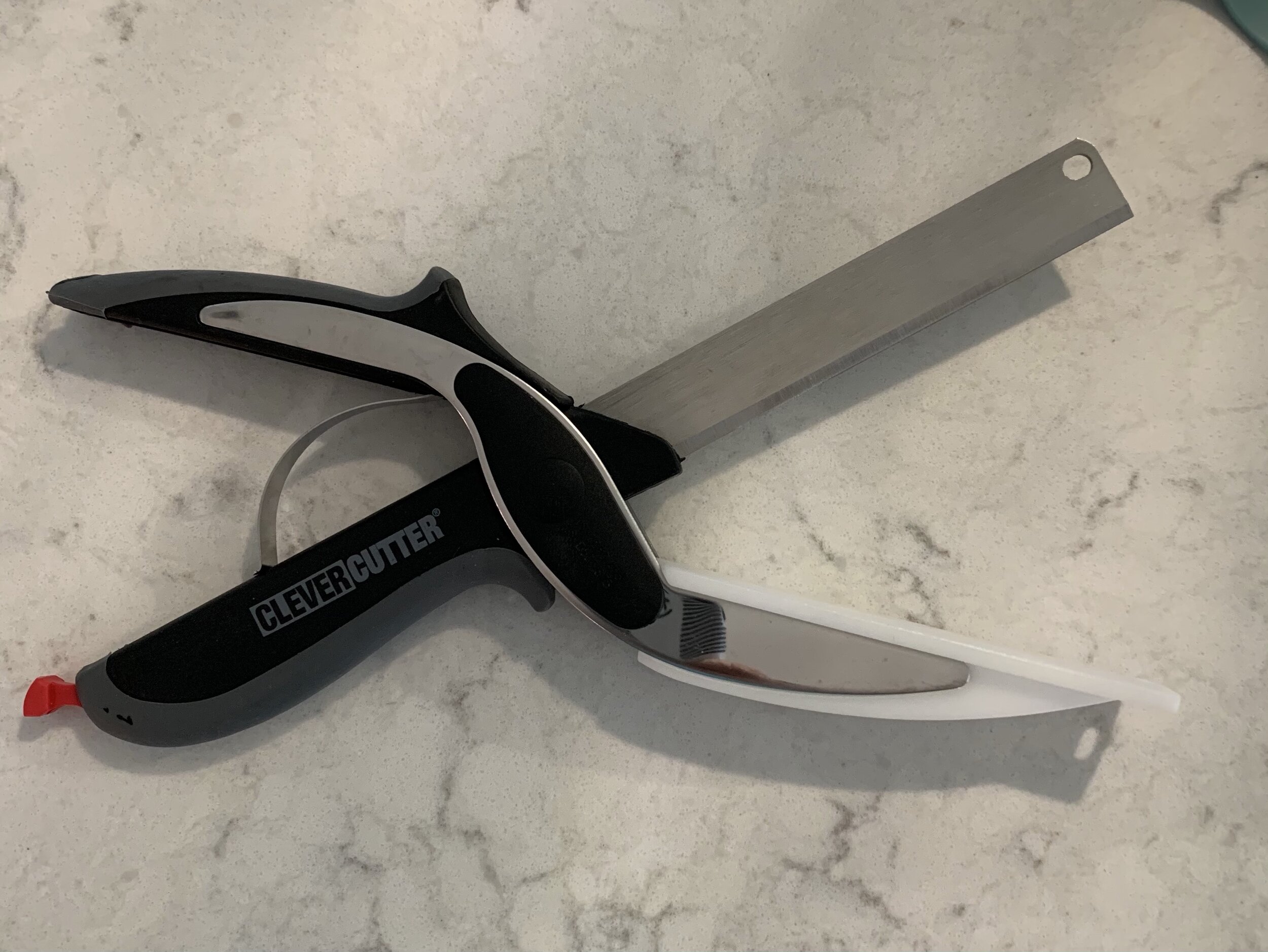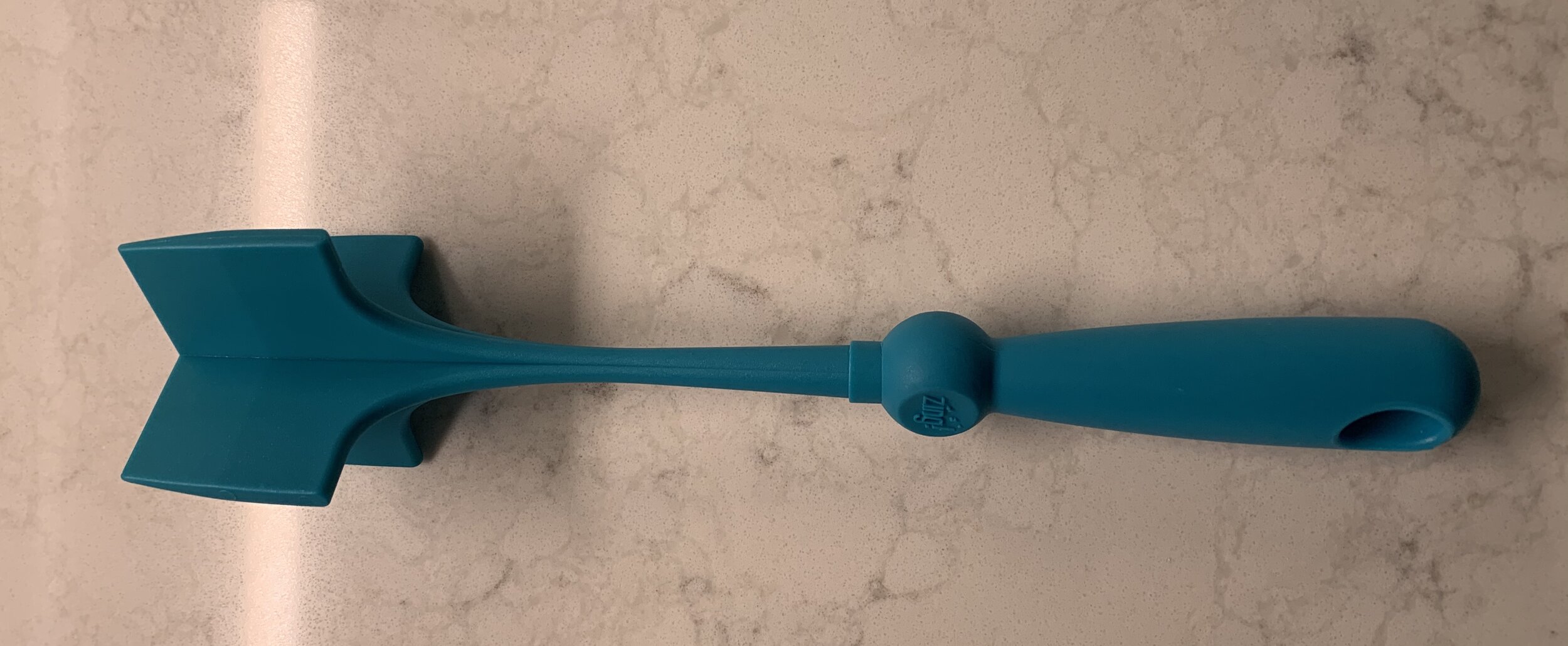Oura Ring experience
Since I am often trying new products, supplements, self experimentation type things, I thought it would be fun to write some reviews of my experience. None of this is medical advice, just sharing information for your education.
My first topic is the Oura ring. I was a fairly early adopter on this one. I either read about it or listened to a podcast about it before it was available to buy and got on the preorder list. I think that was back in 2018? It appealed to me because I have had chronic sleep issues and I wanted to gather more data about what my body was doing to maybe make some changes that would improve my sleep quality and quantity. I liked the idea of the ring rather than a watch or other device because it is comfortable to wear 24/7, except for the time it has to charge. It is waterproof so I never take it off when I wash my hands. It can be worn in the shower, but I choose not to. And it is sturdy but light weight and attractive.
The sensors are seen on the inside of the ring and should be on the palm side of your finger
From the ouraring.com website: “Oura combines advanced sensor technology and a minimal design with an easy-to-use mobile app to deliver precise, personalized health insights straight from the most reliable source: your body.” The sensors on the inside of the ring measure your pulse from the arteries in your finger. The infrared sensors use photoplethysmography to reach deeper into your tissues than green light LEDs in other wearables. It also measures your temperature directly from your skin.
The ring gives three scores: readiness, sleep and activity. During the day, it captures activity and movement. During sleep it captures body temperature, sleep stages, respiratory rate and resting heart rate as well as heart rate variability. I don’t always wear it during the day, but it is recommended to wear it 24/7 to monitor daytime activity. I find I am mostly looking for my sleep data. I charge it in the morning but not everyday. It can usually last 2-3 days before needing a charge and charges pretty quickly once it is placed on the charger. The website says battery life is 7 days, so maybe that’s for the newer version. I didn’t realize that the sensors should be on the palm side of my finger! So much for reading the directions!
Because the ring measures your body temperature, it can alert you to early signs of illness, possibly before you start feeling bad symptomatically. You can create “tags” to help you evaluate which habits contribute to poor sleep or which ones add quality to your sleep. For example, say you want to see if drinking a glass of wine after dinner changes the quality or quantity of your sleep. Then you create a tag each night you drink wine and compare it to the nights your don’t drink. Or you can tag taking a hot bath before bed or drinking coffee late in the day, etc. It’s hard to notice trends if you don’t keep track of those behaviors.
I tend to fall asleep fairly easily, mostly, but then wake up at 3 or 4 am and struggle to get back to sleep. When I look at my sleep stages, I cycle in and out of deep sleep early in the night and I generally get a good amount of deep sleep. That is a good thing because it helps my brain clear out toxic stuff while I sleep. But if I wake too early, then I miss out on REM sleep, which is also important for brain health. I’ve included a few pictures of the data from the app to show the kind of data that is collected and reported. I don’t understand all the details of the report, but I still find it helpful.
This was a good night- both REM and deep sleep were in optimal range.
Not as good sleep. REM not optimal, total sleep was only 5 hours
What if I wake up refreshed and subjectively feel like I slept well, but the app disagrees? I go with how I feel. There is a tendency to allow yourself to feel sleep anxiety when your app says your deep sleep or REM sleep was not optimal. And sometimes it is hard to know what will help increase the quantity of those stages. I’ve tried multiple interventions like dark room, eye mask, cool room, hot bath, no late in the day caffeine, CBD, herbs, trazodone, benedryl and on and on. Benedryl is not on the healthy brain list, but neither is lack of sleep. It can be a real dilemma. I need to use those tags more often to try and identify trends to see what may be helping or hurting. Since everyone is different, some things affect one person more than another. Some people can drink caffeine late in the day and still sleep well. I’m not one of those people! Generally alcohol is a sleep disrupter, but some people don’t experience that.
If you decide to try out the ring, I recommend getting the sizing kit (if they still offer that) so you make sure you get a good fit. If I were to do it again, I would wear it on my left middle finger. I don’t have a wedding ring, so if you do, the left middle finger might not be your preference. I wear mine on my right ring finger but find it more comfortable to take it off when I’m playing pickleball because I hold the paddle with my right hand. It is all just personal preference. The current price on the Oura website is $299 with a choice of 4 different colors. I am not an affiliate. I have used it consistently since I purchased it, so for me it has become a habit and I still feel like I gain useful information.
For more information check out their website and blog posts at :www.ouraring.com
Is there something you have wanted to try but wish someone you knew had tried it first? Let me know, and maybe I have already checked it out!
Stay well!
